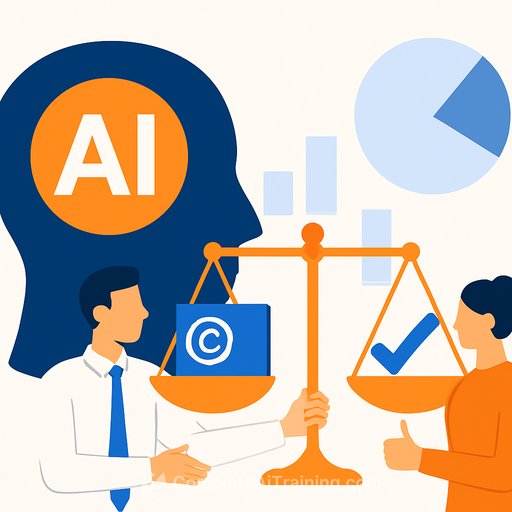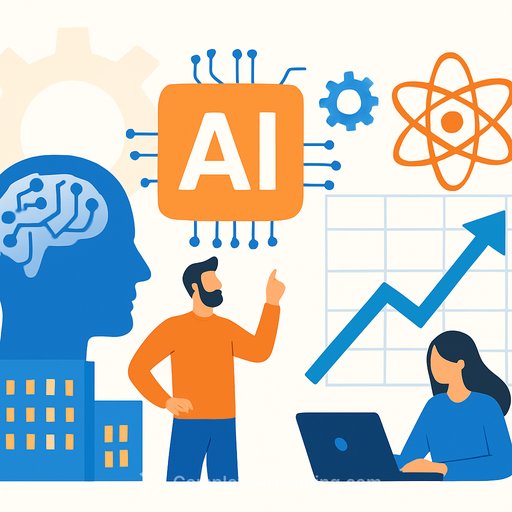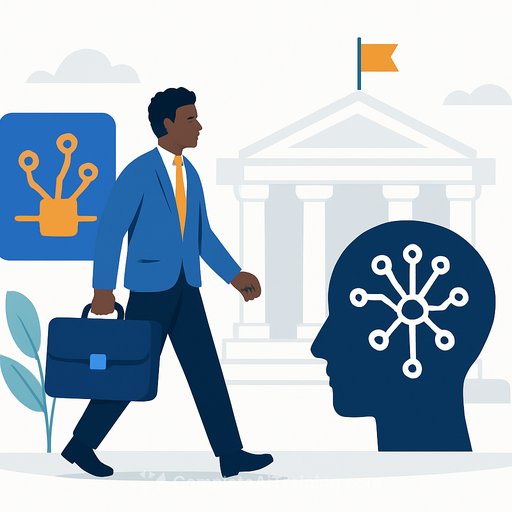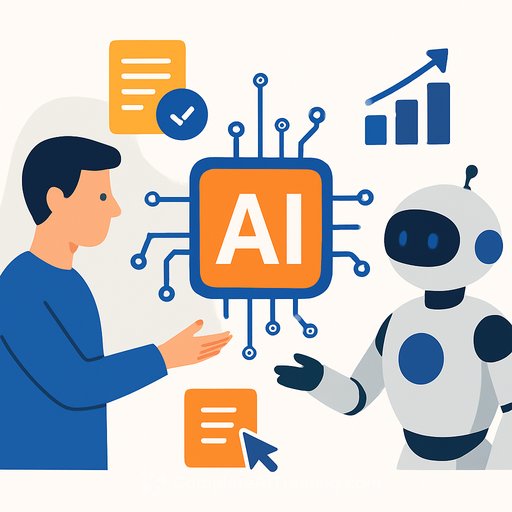UK creatives condemn government inaction on AI copyright as US trade talks loom
More than 70 creatives and organisations - including the Writers' Guild of Great Britain (WGGB), Sarah Phelps, Danny Brocklehurst, Paul McCartney and Elton John - have signed an open letter accusing the UK government of ignoring copyright holders as tech giants use AI to harvest protected works without permission.
The letter demands Prime Minister Keir Starmer explain the government's "active ignoring" of rights and why AI companies have "ingested millions of copyright works without permission or payment, in total disregard for the UK's legal protections."
What the letter alleges
Signatories warn that the law is being flouted "en masse by predominantly overseas tech companies," harming the UK's £127bn creative industries and violating creators' human rights. "Even Ministers have recognised that 'much content has already been used and subsumed by AI models, usually from other territories and under the current law'," the letter states.
They argue this amounts to consistent and deliberate breaches of UK citizens' rights under human rights law.
Stalled protections and removed safeguards
The letter criticises ministers for slow progress on legal protections and questions whether the government has "actively stood in the way" of fixes. It highlights the removal of amendments that would have empowered rights holders during the passage of the Data (Use and Access) Bill, with no timeline or plan to address ongoing violations.
Baroness Beeban Kidron, who tabled amendments during the passage of the Data Act, said the government packed industry groups "with US interests," cut deals "with AI companies who have stolen copyright material," and then "left the building." She called on the prime minister to reset relations with industry and warned that by prioritising data centre optics and trade deals, ministers are undermining the foundations of the UK's creative economy.
Trade optics: AI on the table during US visit
The intervention comes as President Donald Trump arrives in the UK for a second state visit. The government aims to finalise a tech trade agreement with the US, with AI expected to be a core part of any deal.
Creatives fear rights could be bargained away before the UK sets clear domestic rules.
Why this matters for creatives and policymakers
- Revenue and licensing: Uncompensated training erodes future value and weakens bargaining power.
- Human rights and compliance: Alleged rights breaches create legal risk for both the state and companies. See the UK's Human Rights Act 1998.
- Market integrity: Lawful access and transparent datasets are essential for fair competition.
- International leverage: Entering trade talks without a clear domestic position weakens the UK's negotiating stance.
What creatives can do now
- Update contracts and licences with explicit AI-use clauses (training, fine-tuning, synthetic outputs, attribution, audit rights, penalties).
- Lock down scraping: tighten robots.txt, rate limits, and API terms; monitor for bulk extraction and issue takedown or cease-and-desist where appropriate.
- Coordinate with guilds and CMOs to document infringements and quantify economic harm.
- Label datasets you publish with clear TDM terms; reference the UK's rules on exceptions to copyright (including text and data mining).
- Prepare evidence packs for Parliament, regulators, and courts (timestamps, crawl logs, model outputs, contracts).
What government should do next
- Publish a timetable for AI-copyright reforms and enforcement.
- Restore or introduce provisions that let rights holders opt out, demand transparency, and seek remedies.
- Require AI companies to disclose training sources, consent mechanisms, and licensing deals, backed by penalties for non-compliance.
- Ringfence UK-US talks from concessions that weaken UK copyright or creators' bargaining position.
- Resource an independent mechanism to process complaints and verify model provenance.
The bottom line
UK creatives say their work has been taken at scale and the state is looking away. With trade talks in motion, both industry and government need clear, enforceable rules - fast.
If your team needs practical skills to set internal AI policies, procurement standards, and data-use checks, explore AI courses by role at Complete AI Training.
Your membership also unlocks:










